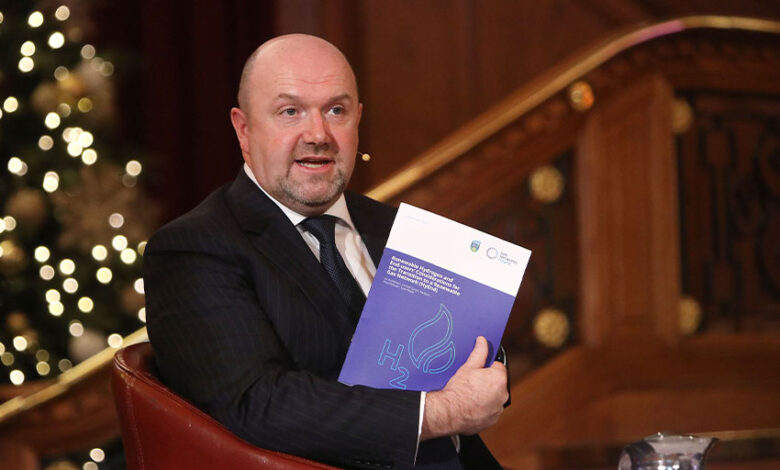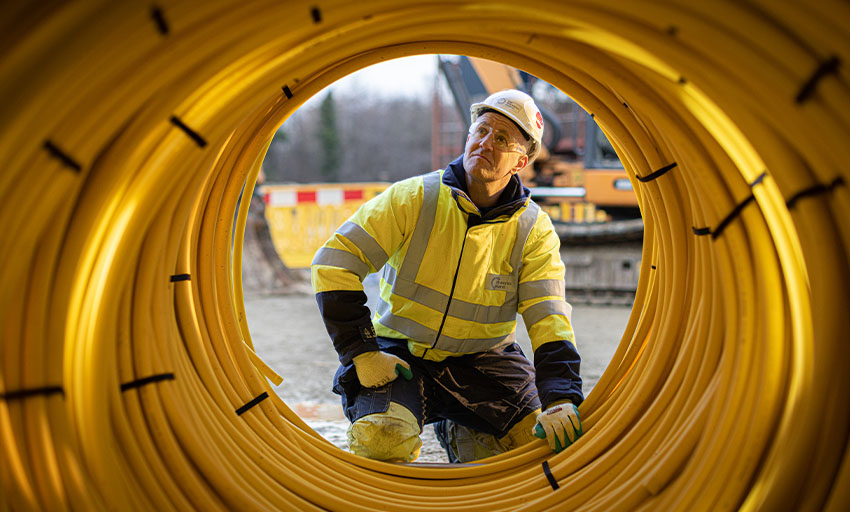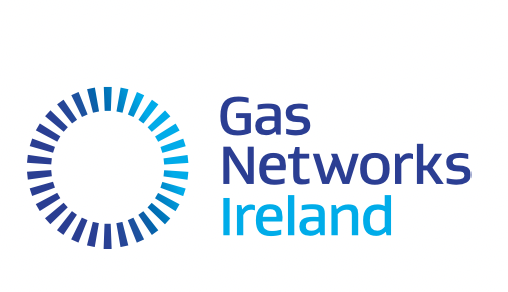Researching Ireland’s cleaner energy future with green hydrogen

The EU is predicting that circa 14 per cent of energy consumption across Europe will be from hydrogen by 2050, while it is expected to between 20 and 35 per cent in the Netherlands, and up to 50 per cent of the total energy demand in the UK. With over 80 per cent of the State’s natural gas requirements being met by gas imported from the UK, how ready is Ireland for its hydrogen future?
Preparing Ireland’s gas network for hydrogen
In line with the Climate Action Plan (CAP), there is a need to decarbonise the national gas network with renewable gases such as biomethane and hydrogen.
Gas Networks Ireland first introduced domestically produced biomethane onto Ireland’s gas network more than two years ago and it is seamlessly replacing natural gas, as well as being fully compatible with existing appliances and technology.
With one renewable gas – biomethane – successfully being piped through the Irish gas grid, Gas Networks Ireland is preparing for the introduction of the next renewable gas – hydrogen.
Ireland’s gas network will be ready for hydrogen
The gas network is Ireland’s hydrogen-compatible infrastructure and reliable energy backbone which will continue to play a central role in the country’s future clean energy and hydrogen economies.
The team at Gas Networks Ireland has been working diligently for an extensive period of time on preparing the existing gas network to accept hydrogen and natural gas blends from the UK, as well as preparing for the injection of indigenously produced renewable hydrogen at appropriate locations around Ireland into the gas network.
The cost of repurposing the existing gas network to transport hydrogen is estimated to be a fraction (10 per cent to 35 per cent) of the cost of building new dedicated hydrogen pipelines.
Gas Networks Ireland is confident that the State will be in a position to onboard hydrogen as and when industry partners are ready to produce the renewable gas, as results from the utility’s studies indicate that Ireland’s gas network will be ready.
Domestic appliances are compatible with up to 20 per cent blends of hydrogen
The operator of the 14,664km national gas network, Gas Networks Ireland, has been working with University College Dublin’s Energy Institute (UCDEI) on a research project at its Network Innovation Centre in Citywest, Dublin, to investigate the potential use of hydrogen in Ireland.
Phase one of the research with UCDEI, which was completed in late 2022, focused primarily on domestic appliances, which were tested with a variety of hydrogen blends. The research found that domestic appliances could take up to 20 per cent of hydrogen blended with natural gas without the need for retrofitting, modifications, or additional costs.
Irish industry is ready to take up to 20 per cent blends of hydrogen
Phase two of the research, which concluded in late 2023, involved over 300 of the largest users of networked gas in the country and found that 90 per cent of the end users’ equipment is compatible with blends of 20 per cent hydrogen, while the remaining 10 per cent of Irish industry would need further assessment to determine the modifications required.

The results of this research, published in the Renewable Hydrogen and End-users Considerations for the Transition to a Renewable Gas Network (HyEnd) report, are significant as they give an indication of how ready Ireland is for blended hydrogen, which is likely to be on the gas network in the UK within several years. Along with findings from Gas Networks Ireland’s overall research and hydrogen programme – which aligns with the main takeaways in the Government’s National Hydrogen Strategy to get clarity on end users’ needs and enable infrastructure – it will form part of the roadmap on integrating renewable hydrogen and decarbonising Ireland’s gas network.
Phase three of this research, HyGreenNet, which will focus on the gas distribution network and investigate pressure, safety, and material compatibility, is underway with results expected before the end of 2024.
Aside from this research, Gas Networks Ireland is one of several industry stakeholders funding a €16 million strategic partnership with Irish third-level institutions that will examine how to holistically decarbonise the overall Irish energy sector. Led by UCDEI, NexSys (Next Generation Energy System) is also supported by Science Foundation Ireland (SFI).
Finally, Gas Networks Ireland continues to invest in other strategic hydrogen research partnerships, including one with Ulster University on hydrogen blend safety and with AMBER (SFI Centre for Advanced Materials and BioEngineering Research) on materials compatibility with hydrogen.
Biomethane
Structurally identical to natural gas, biomethane is a carbon neutral renewable gas that can be made from farm and food waste through a process known as anaerobic digestion.
Green hydrogen
Green hydrogen is a carbon free gas that can be made from renewable electricity through a process known as electrolysis and stored until needed, making it an attractive option to decarbonise the Irish and EU energy systems and a strong example of how greater integration between Ireland’s gas and electricity networks can support a low-carbon economy.
Government’s National Hydrogen Strategy
The report published by the Department of the Environment, Climate and Communications (DECC) during summer 2023 outlines the future role green hydrogen gas – harnessed from offshore wind – and the gas network will play in specific areas of Ireland’s energy system the hard to abate sectors such as transport, industrial heating, and power generation. In light of this strategy, Gas Networks Ireland continues to undertake a programme of research and testing to ensure that Ireland’s gas transmission network is capable of transporting hydrogen and is compatible with our European neighbours’ gas networks.

W: www.gasnetworks.ie/renewables





